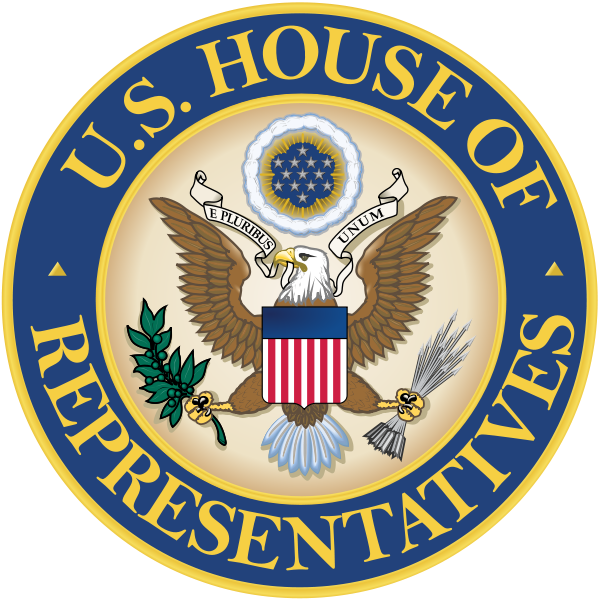House Passes Budget Deal Allowing Increased Discretionary Spending and Lifting Debt Limit

Last night, the House passed HR 1314, the Bipartisan Budget Act of 2015, by a vote of 266 to 167. The yay votes included all 187 Democrats and 79 Republicans. The nay votes were all Republicans.
This deal would set new topline spending numbers for both defense and domestic programs for FY 2016 and FY 2017. Specifically, it would increase the total funding available to discretionary programs in FY 2016 by $50 billion, split evenly between defense and domestic programs, and by $30 billion in FY 2017, also split evenly between defense and domestic programs—a total of $80 billion over both years. Offsets for the spending increases come in part from reforms to mandatory spending programs, selling oil from the Strategic Petroleum Reserve, and hikes in fees to companies that offer pensions plans.
The deal also lifts the debt ceiling by an unspecified amount until mid-March 2017, preventing another debt ceiling showdown until after the next President takes office. Treasury Secretary Jacob Lew has told Congress that it must lift the debt ceiling by November 3 in order to avoid defaulting on the nation’s debt.
During floor debate, House Appropriations Committee Chairman Hal Rogers (R-KY) endorsed the bill noting that while not perfect, the alternative would be disastrous. He spoke about his longstanding desire to return to regular order in the appropriations process and how he sees this two-year deal as a good step forward. House Minority Whip Steny Hoyer (D-MD) also said he would support HR 1314 but warned that this was a short-term resolution and that Congress should not wait for another two years to seek a longer term solution.
Senate Majority Leader Mitch McConnell (R-KY) already has made procedural arrangements for the upcoming Senate vote. While presidential candidate Senator Rand Paul (R-KY) has threatened to filibuster the bill, it seems likely the McConnell will achieve the 60 votes necessary to overcome a filibuster and move the bill towards final Senate approval.
Once a deal passes both chambers and is signed by the President, Appropriators will need to divvy up the additional spending authority to each of the appropriations subcommittees so that they can rewrite their bills based on the new allocations. There are no guaranteed funding increases for individual programs at this time; however, NCSHA will continue to make the case that Congress should restore HOME funding.

